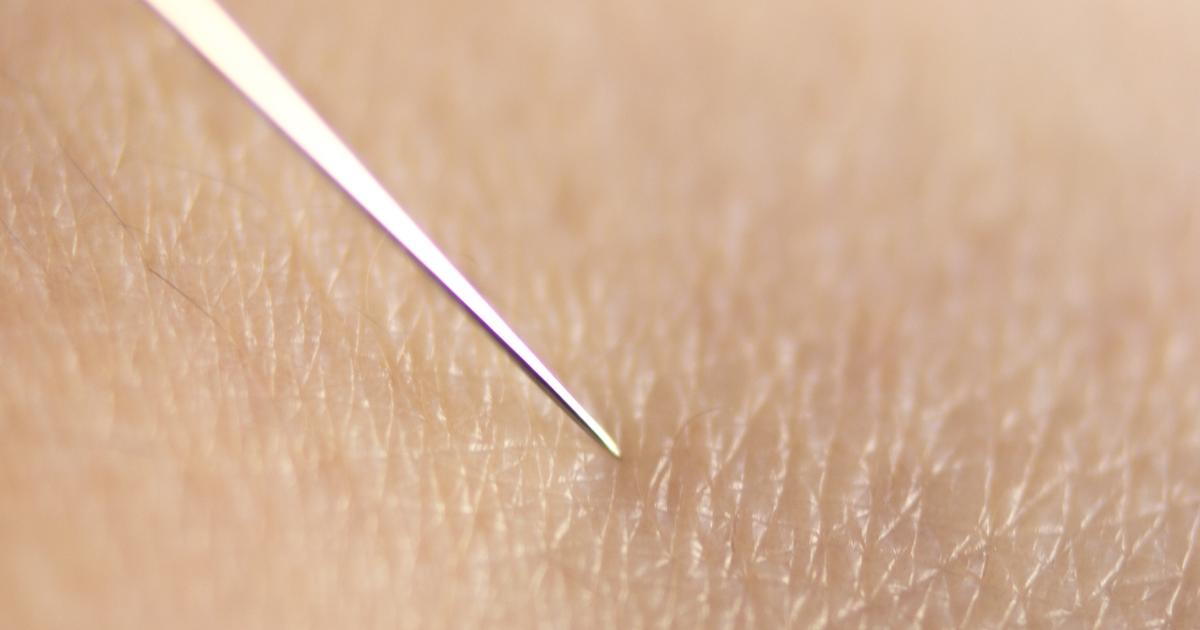Why Everyone Should Be Aware Of Plantar Fasciitis
Unproven Plantar Fasciitis Treatments

The standard treatment options for plantar fasciitis, as discussed, normally consist of anti-inflammatory medication, physical therapy, rest, and wearing a brace or orthotics. Steroid injections, extracorporeal shock wave therapy, and Tenex procedures may also be effective for certain patients. Despite the abundance of safe treatment options, there are numerous unproven plantar fasciitis treatments that could cause harm to patients and exacerbate symptoms. Injections of both botulinum toxin and platelet-rich plasma are currently unproven treatments, and they are considered controversial. Prolotherapy, an alternative medicine practice that relies on injections of a variety of substances selected by the clinician, is also unproven. Although dry needling is currently being investigated as a possible treatment for plantar fasciitis, studies have suggested it has limited effectiveness. The technique is similar to acupuncture, and it involves inserting a thin needle directly into the affected muscle to release trigger points. Experts state many of the studies on dry needling are not of a high enough scientific standard to conclusively determine whether this treatment is beneficial in plantar fasciitis or not.
Keep reading to reveal the different ways an individual can prevent plantar fasciitis from developing.